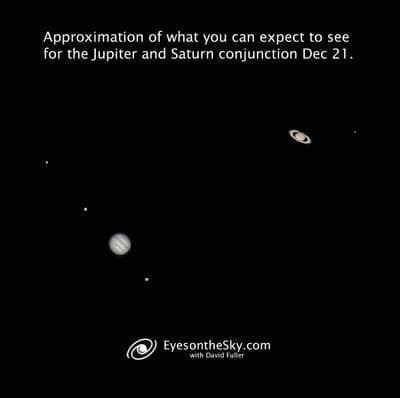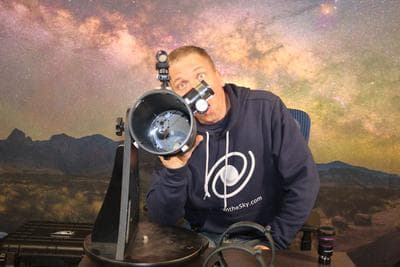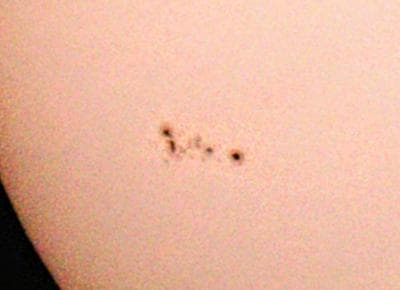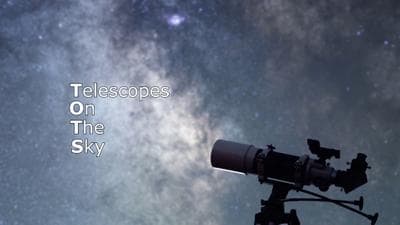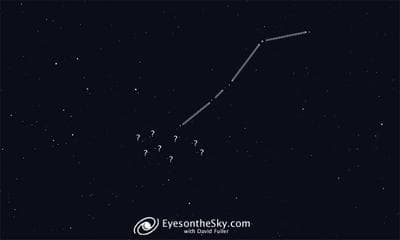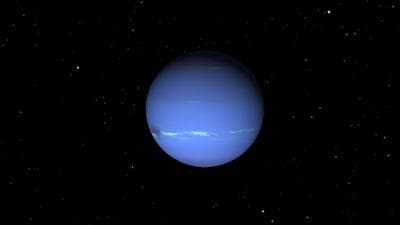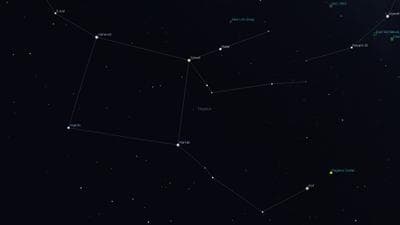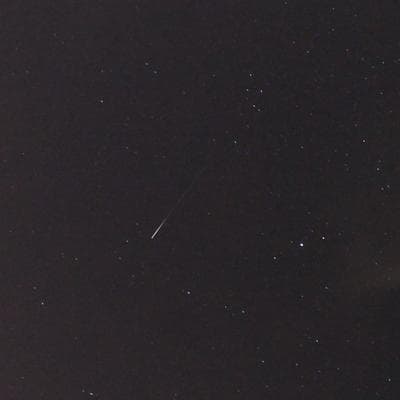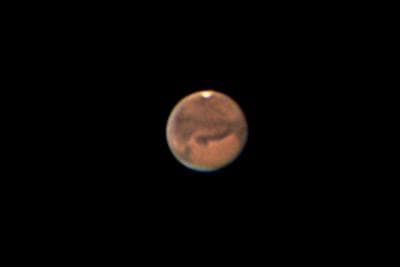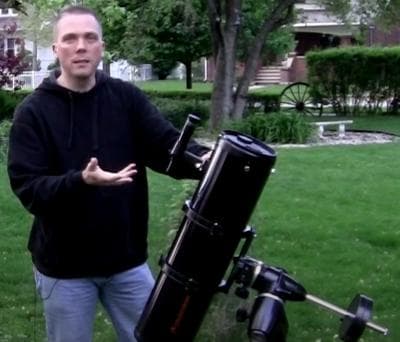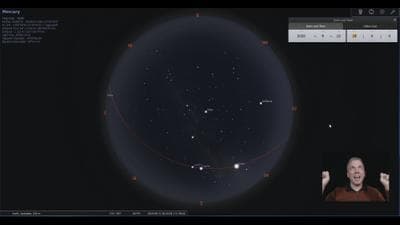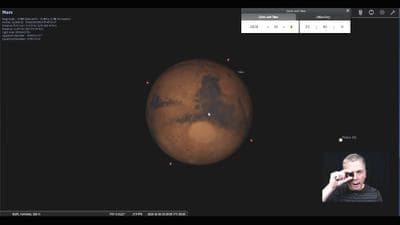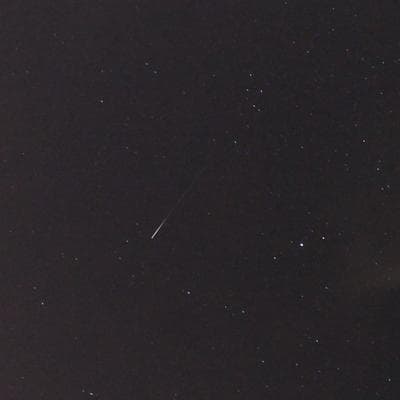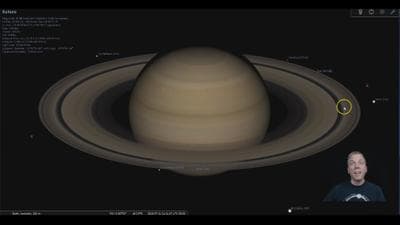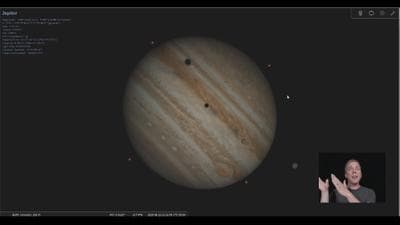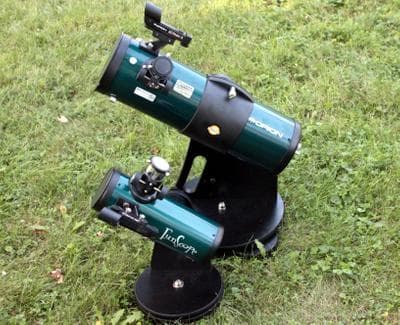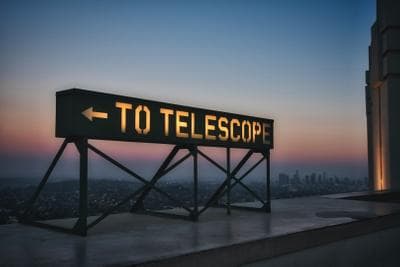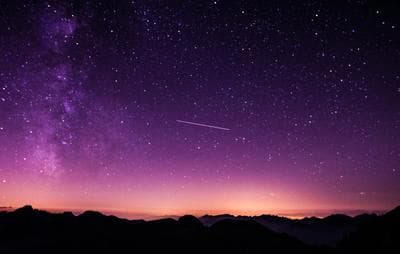
Eyes on the Sky
with David Fuller
with David Fuller
Astronomy Articles from 2020
Your complete guide to the Great Jupiter-Saturn conjunction of 2020
David Fuller — 2020-12-17Looking to capture the conjunction in a photograph, see it through a telescope, or just witness this event not seen since 1226 AD? this page gives you all the information you need to successfully photograph or observe Saturn and Jupiter's conjunction.You can do astrophotography affordably
David Fuller — 2020-11-25To get deep sky objects into an image form, you do need to spend a bit of money. But it need not be in the thousands of dollars to get good results, either.A passionate defense of the tabletop reflector
David Fuller — 2020-11-24Amateur astronomers often reflexively recommend an 8" Dobsonian, but for lesser budgets, there's perfectly good alternative: The small, 114mm to 130mm tabletop telescopes. Sometimes less is more.Solar Cycle 25 is stepping up!
David Fuller — 2020-11-22Solar Cycle 25 is starting to produce multiple sunspots, visible in white light using proper solar filters to view the Sun. Learn more about it here.The "Telescopes On The Sky" catalog of videos and objects
David Fuller — 2020-11-08Amateur astronomers deserve a list of objects that they can find and see through light pollution with small telescopes. But how do you find objects if fainter stars are washed out?Connecting the dots on starhopping
David Fuller — 2020-10-14If you know what to look for at your destination, you won't be lost when you arrive. And that's the beauty of starhopping - you will not have a puzzled thought such as, "Am I in the right place?" You will know you are.How to find and observe Neptune this year
David Fuller — 2020-10-11Neptune may be far, but it is suprisingly easy to see - even in binoculars! The trick is knowing where to look, and I've got a couple tricks to make tracking down this planet super easy and simple.Constellation Spotlight: Pegasus the Flying Horse
David Fuller — 2020-10-09Pegasus not only has unique spot in mythology, arising from the beheaded body and blood of the decapitated Gorgon Medusa, but also a unique spot in the sky.Waiting for Draconids: How to observe the shower that isn't
David Fuller — 2020-10-07The vast majority of meteor showers are rather dull observing events. Most produce the underwhelming meteors-per-hour counts of 20 or less. And the Draconids are (almost always) even worse, at five/hour. But here's what you CAN see instead.The time to see Mars is now (well, soon!)
David Fuller — 2020-10-05Mars reaches opposition on October 13, but is closest to Earth on Oct 6. Cloudy? It's ok. You have some time to see the Red Planet at it's best in 2 years - and the best it will be until 2033.A visual AND astrophotography telescope set up for under $1,000
David Fuller — 2020-10-02I see people ask all the time, "I would like to do both visual AND astrophotography - and my budget is limited. What should I get?" 9 times out of 10, the response is either "Get a bigger budget" (not always possible) or "Spend ALL your money on the mount." Here's an alternative solution that checks nearly every box for doing both - without breaking the bank.The autumnal equinox and a cosmic perspective
David Fuller — 2020-09-18Did you know it is possible to look towards the center of our galaxy, as well as the complete opposite direction, out towards the outer arms of the Milky Way, looking towards the rest of the cosmos? It's true. And you don't need a telescope to do it - just a bit of knowledge of where each point is located in the sky, so you can look that way.The best time to see Mars until 2035
David Fuller — 2020-08-21It may seem a little hyperbolic to say it is the best time to see Mars until 2035 - but it's true! In two years - well, about 26 months - we will get another good look at Mars when we are closest to it again.Perseid Meteors Observing in 2020
David Fuller — 2020-08-10When is the best time to see the Perseid meteor shower in 2020? And how should I go about observing them? Where do I look? And when? All those questions answered, and more, here.How to best observe Saturn in 2020
David Fuller — 2020-07-21Saturn is arguably the best planet to observe - those rings! The 3D effect they create is stunning. But what else should you look for? And how can you see those features?Jupiter in 2020
David Fuller — 2020-07-16Jupiter isn't just the largest planet in our solar system - it is also the planet that appears largest in our telescopes. And yet... it still looks VERY small. How to tease out the most detail? What can you see? And it's possible to see moon shadows?!? (Hint: Yes!)About "Budget" Telescopes - A Bit of a Rant at Telescope Snobs
David Fuller — 2020-05-19Can I vent a frustration? This is a long semi-rant, and truly, I'm really not trying to start an argument (though it might, truly that's not the intention). Rather, I hope I can get people to think a little about how to better encourage people with minimal astronomy budgets, especially when it comes to discouraging comments I've read about the very low end budget telescopes.There is No Perfect Telescope
David Fuller — 2020-05-19Something I see regularly on astronomy forums and on social media - and a question I get in person a lot - is the question: "What telescope should I get?" I often begin by pointing out that there is NO PERFECT TELESCOPE. Yes, the Hubble Space Telescope is amazing, but 1) you can't use it and 2) it's expensive. So unless you can afford to put your own space telescope up in space, it's not a perfect option, because cost is a factor.The Lyrid Meteor Shower Produces 100's Per Hour
David Fuller — 2020-04-20One of the things I really try to do well with Eyes on the Sky is share good, factual information about what can be seen well in the night sky, by most amateurs. Are there a lot of faint things that could be seen that I overlook? Yes. Are there are lot of not-so-great things that get hyped by some media sources of people looking to boost their views or clicks or whatever? Yes also. As such, somewhat frustratingly, I have recently seen one making the rounds with a headline saying unequivocally "We will see 100's of meteors per hours!"
